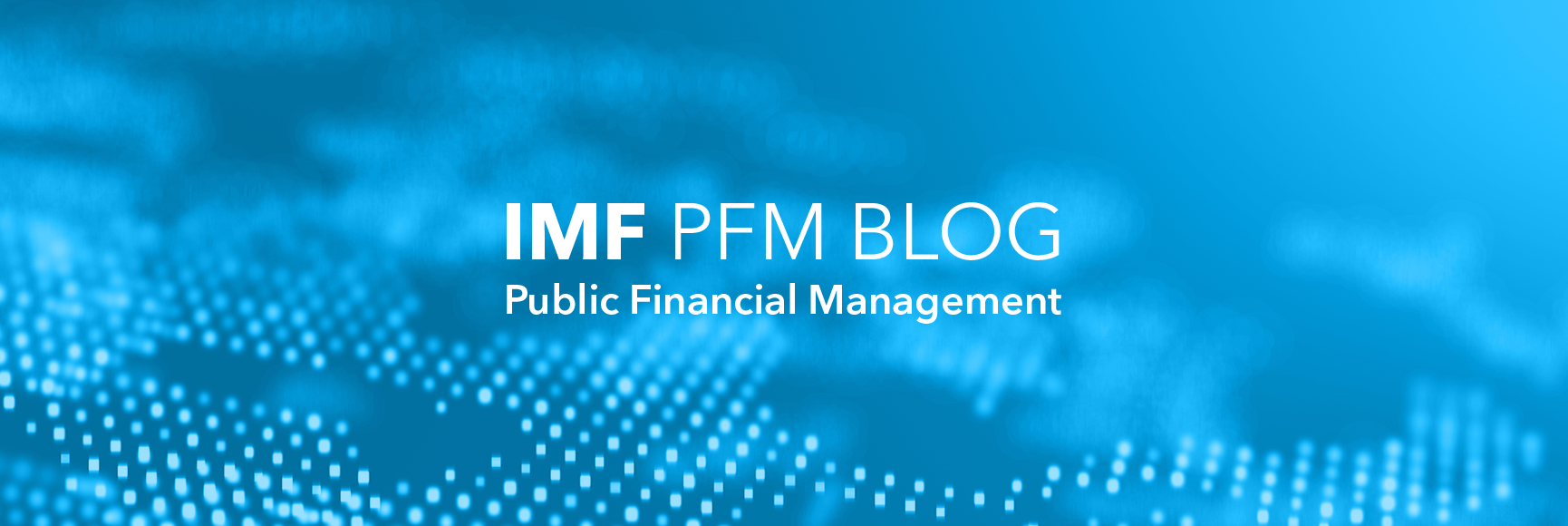Posted by Theo Thomas
 Chile has been on the cutting edge of performance budget and public management reforms for many years. Having started to introduce performance indicators back in 1993, a system of program evaluations in 1997 and a ‘Management Improvement Program' (PMG) in 1998, Chile’s experience provides some useful lessons for the many countries across the world that are trying to implement similar kinds of reforms.
Chile has been on the cutting edge of performance budget and public management reforms for many years. Having started to introduce performance indicators back in 1993, a system of program evaluations in 1997 and a ‘Management Improvement Program' (PMG) in 1998, Chile’s experience provides some useful lessons for the many countries across the world that are trying to implement similar kinds of reforms.
At the end of October Heidi Berner, Head of the Management Control Division within the Budget Office of the Chile Ministry of Finance, shared her extensive experience of Chile’s reforms with a packed audience at the World Bank. The high level of interest, from staff working in all regions, reflects the level of interest both in Chile’s experience and the subjects’ status as the new ‘megatrend’ in budgeting and public management. A copy of her presentation can be found here: Download PerformanceBudgeting-Chile_oct2008.ppt
The Evaluation and Management Control System
Mrs. Berner began by clarifying the main objective of Chile’s evaluation and management control system, namely "providing performance information and introducing practices to improve the quality of public expenditure". The objective mainly focuses on the effort to use resources better, rather than on changing allocations between programs, as this is largely a political consideration and the budget continues to be very incremental. The reforms have two main elements:
The first is the systematic evaluation of public programs and institutions, which began in earnest in 1997. The system has evolved steadily, from its early beginnings where logframe based desk evaluations measured inputs and a few outputs and coverage was partial. Impact evaluations of programs were introduced in 2001 and, at Congress’s request, whole agency evaluations began in 2002, modeled on the UK ‘Spending Reviews’. Today, every program identifies its clients, outputs, performance indicators and goals and many of them have been evaluated by independent experts producing evaluations along timeframes linked to the budget cycle.
In 1997, the PMG was introduced in which the achievement of management objectives is associated with a monetary ‘bonus’ (in 2008 a 6.3% bonus will be awarded to agencies achieving 90-100% of their management objectives). Since 2001 the management objectives of the PMG has focused on the development of 11 management systems (training, internal audits, government procurement, e-government, planning/management control, financial accounting, among others). And since 2005 Agencies also strive to achieve the internationally recognized ISO (9001) certification of their management systems.
Since 1997 all agencies must now produce a standardized report (BGI), which format has been developed by the Budget Office, showing their performance against stated mandates, goals, commitments and resources.
To ensure that Chile remains at the leading edge of performance reforms, it is continually striving to improve its systems, procedures and capacity. Following evaluations of the evaluation and management control system, partly assisted by the World Bank, the following reforms are being introduced (see: Direccion de Presupuestos)
- All new programs must now include the evaluation design, focusing on best practice.. A high-level advisory committee with international and domestic experts will also periodically review and assess the evaluation process.
- The PMG is being depended, with the more advanced agencies seeking to acquire ISO certification of their processes involved in the provision of goods and services.
- In 2008, a Public Management Modernization Fund was created to finance innovative proposals to address public management problems. Public agencies, universities and even private consultancies can compete for resources to develop and test their ideas, with resources to implement 5 of 17 proposals in the 2009 Budget.
A Few Lessons
In responding to numerous questions, Mrs. Berner also offered a few observations for countries starting to introduce similar reforms.
- Reforms have been built up gradually, depending on agencies capacity and systems. It is important to understand and try to help agencies overcome their constraints;
- An initial step includes strengthening the evaluation of programs, but these should be kept simple, perhaps with desk studies and reviews of program logical frameworks, so that they can be used to inform policy makers;
- Monitoring systems also need to be established along with the introduction of performance indicators, and these will initially focus on processes before moving to outputs and maybe to outcomes;
- There is also no direct link between performance and funding, but a range of options; and
- Lastly, Mrs. Berner acknowledged the strong pivotal role that the Budget Office has played in guiding the reform process, helping to develop and enforce standards and build support, even during a change in Government.



